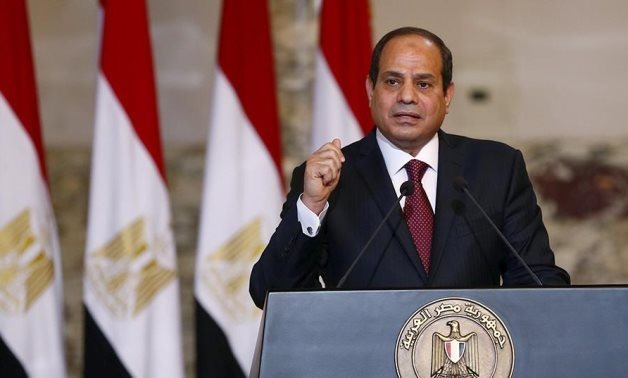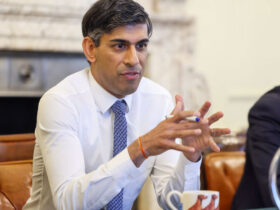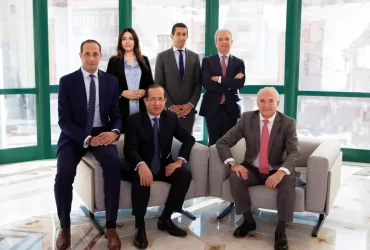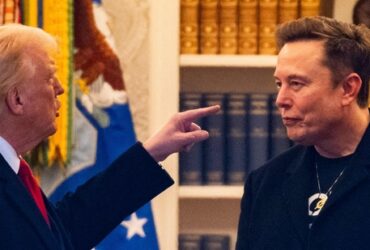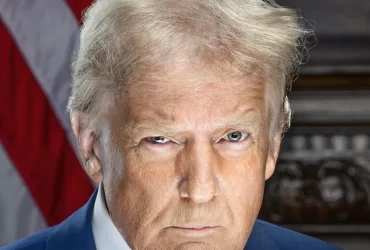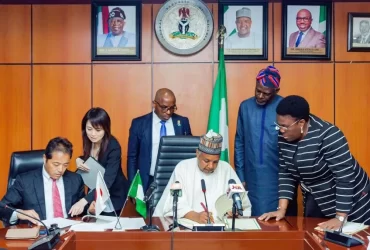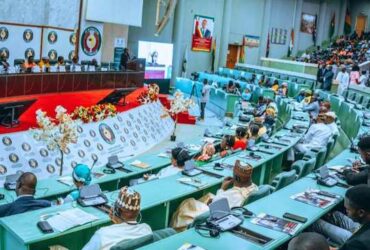The Egyptian government has solidified the sale of Ras al-Hikma peninsula to the United Arab Emirates (UAE) for a whopping $150 billion, marking a pivotal investment move aimed at rejuvenating the nation’s faltering economy. Prime Minister Mostafa Madbouly announced the landmark deal on Friday, highlighting the UAE’s commitment to infuse billions of dollars into Egypt’s economic landscape. The initial tranche of $35 billion is slated for disbursement over the next two months.
Situated west of Alexandria and northwest of Cairo, Ras al-Hikma peninsula is set to undergo a remarkable transformation into a sprawling mega-resort, complete with its own airport under Emirati control. The allure of the peninsula lies in its pristine white sandy beaches and azure waters, factors that significantly bolstered its appeal as an investment destination. Prime Minister Madbouly underscored the investment’s potential to address Egypt’s economic woes, particularly the rapid depreciation of the Egyptian pound against the dollar, resulting in rampant inflation.
The sale of the peninsula is envisioned to bridge the gap between official and parallel exchange rates, mitigating the dire economic consequences that have plagued Egypt. The nation has grappled with a currency crunch, making it increasingly challenging to service its substantial foreign debt obligations.
Of the allocated $35 billion, $24 billion is earmarked for the development of the resort, while the remaining $11 billion will be allocated to prime projects across Egypt aimed at bolstering economic growth and development. According to a statement quoted by Albariya newspaper, Prime Minister Madbouly emphasized the pivotal role of these investments in propelling Egypt’s economic trajectory forward.
Drawing parallels, Nigeria, which faces similar economic challenges, could draw inspiration from Egypt’s proactive approach in attracting investments to stimulate economic growth. By leveraging strategic investment initiatives, Nigeria has the opportunity to bolster its economic resilience and foster sustainable development amidst prevailing economic headwinds.
In essence, Egypt’s landmark deal with the UAE signals a transformative step towards economic revitalization, offering valuable insights for other nations grappling with economic uncertainties. As nations navigate the complexities of global economic dynamics, proactive investment strategies emerge as indispensable tools in fostering economic resilience and prosperity.
Source: Gazette

